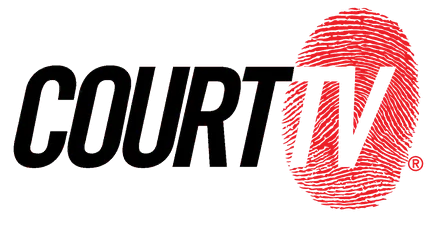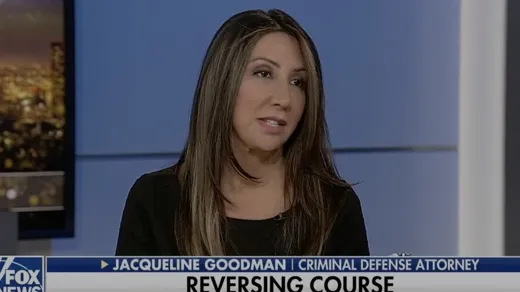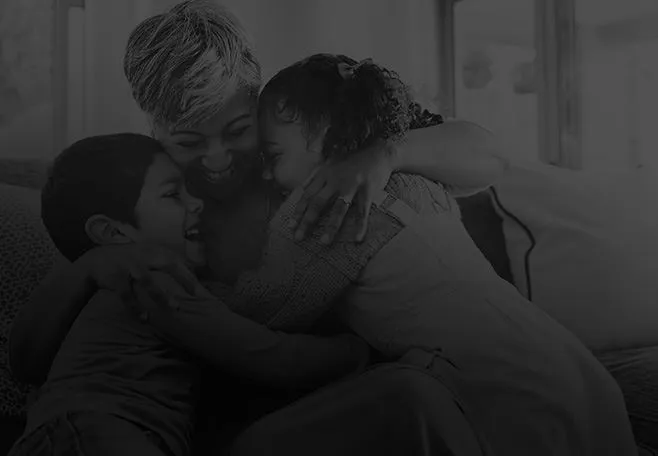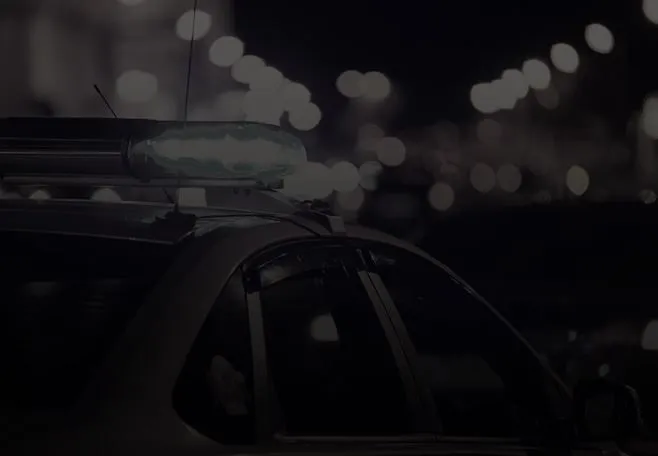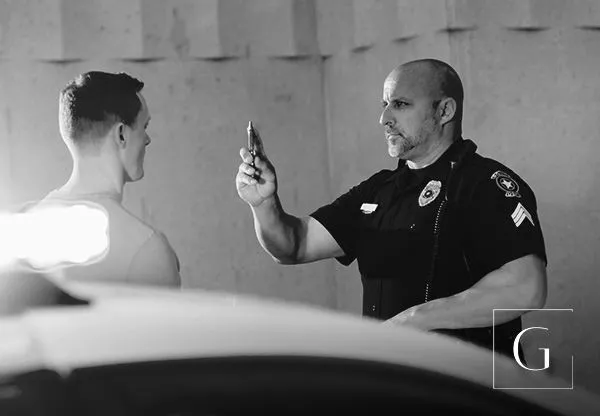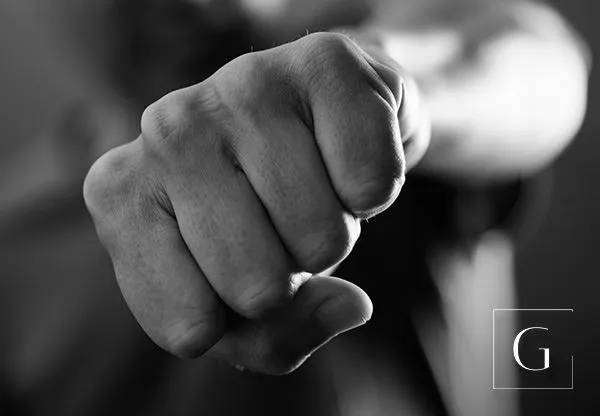When Should I Involve a Criminal Defense Attorney?
If you have found yourself in a situation where you are accused of committing a crime, are taken into custody or are under investigation for any type of criminal offense, you are probably wondering whether you need an attorney. The question of when to involve a criminal defense attorney is a crucial one, and your choice may end up having a direct impact on your future.
Because every case is different, the best advice we can give is this: if you think you may need an attorney, you’re probably right. And even if you do not end up needing legal counsel at this time, you have nothing to lose by discussing your situation with a professional who can provide insight and the answers you seek.
We place a strong emphasis on the early involvement of a criminal defense attorney because of the serious consequences that even an accusation of an alleged crime can have on all areas of your life. Depending on the type of offense, you may be socially ostracized. Your employment may be terminated. The custody of your children may even be threatened, and you may find that friends and family members are unwilling to lend their support. You need someone on your side who knows how to effectively challenge criminal accusations and formal charges inside and outside of the criminal courtroom.
With law enforcement and the prosecution doing everything in their power to gather enough evidence against you to secure a conviction, you need an attorney to protect your rights and interests. Even before formal charges are filed, an attorney can conduct a pre-file investigation or intervention and work to ensure this does not occur. Search warrants should be carefully reviewed and may be challenged in some cases. Any questioning, formal or informal, should be supervised by your attorney to make sure you do not say or do anything that could be used against you later on – even if you are just trying to cooperate.
If you are familiar with Miranda rights, you know that you have the right to an attorney if you are arrested on suspicion of committing a crime. You also have the right to remain silent. You do not need to wait until an arrest, however, to exercise your right to an attorney. Involve a legal professional as soon as you become aware that you are a person of interest in a criminal investigation, and you may find that you can avoid a good deal of embarrassment, inconvenience and even formal charges that could threaten your entire future.
Do Not Wait Until an Arrest to Seek Legal Counsel
In some cases, such as a DUI arrest or situation where you are taken into custody with no forewarning, you may have no choice but to involve an attorney after you are already taken in. There are other scenarios where you may discover that you are a prime suspect in a criminal investigation or where law enforcement may call you in for “questioning.” When this occurs, a pre-file investigation may be the answer.
At The Law Offices of Jacqueline Goodman, we offer pre-file investigation services to clients throughout the Orange County area of Southern California. We recognize the immense benefit that can be brought about by the immediate intervention of a criminal defense lawyer, even if formal charges have not been filed.
With our experience in this field, we understand that prosecutors are unlikely to proceed if they do not have extremely strong cases against defendants. We use this to our clients’ advantage, finding fault in physical evidence and witness testimony to weaken the prosecution’s case and persuade them to stop in their pursuit.
With the right approach and a competent attorney by your side, you may find that you can avoid a conviction or even charges in the first place. Contact our firm today to discuss your unique case and how we can help you.
Do You Know What to Do After an Arrest?
You’ve just been arrested. You’re now facing the serious penalties that could result if a conviction is made. Thoughts of fines, jail time, and other penalties are circling through your head. Now what?
After an arrest, every detail of your case will need to be thoroughly reviewed by a legal professional whose experience can be put to work toward helping you avoid an ultimate conviction. During this time, every minute of every hour counts immensely. The sooner you act on the charges that have been made in your name, the sooner you can feel relief from the stress of worrying about what an ultimate conviction might bring. The actions that you and your attorney take after an arrest can be game-changers when dire consequences are on the line.
As such, this should be a time at which the following steps are irrefutably taken:
- Exercise Your Right to Remain Silent: As declared in the Miranda Warning, criminal suspects have the right to remain silent in the presence of law enforcement officers or anyone else; criminal suspects have the right to an attorney, and criminal suspects have the right to stop answering the questions asked of them by a law enforcement officer and instead request the presence of an attorney. Invoking the Miranda Rights ensures that a suspect’s Fifth- and Sixth Amendment rights are not overlooked or violated in any way. Furthermore, it serves as personal insurance that the suspect does accidentally incriminate himself or herself.
- Avoid Talking About Your Case In Jail: Don’t assume that because you are being held in custody, your sentence has already been decided. There is still plenty of time to negotiate a plea bargain, settle the case out of court, or litigate the case in trial. Therefore, it is critical that the details of your case not be discussed while you are in jail. Trusting the circumstances involved in your case with another cellmate could prove to be problematic, as could discussing these matters over the phone. Even if you are speaking with a close friend or family member on the phone, many jails record conversations held on these phones. Simply put, all discussions should be had in the presence of a qualified and professional legal attorney.
- Contact An Experienced Attorney: Above and beyond everything else, however, the most important step of all is to hire a lawyer to represent your case. Whether you were pulled over and arrested on suspicion of drunk driving, or you are facing criminal allegations for homicide, the attorney you choose to represent your case could make all the difference. In the uncertainty that follows an arrest in Southern California, or anywhere else for that matter, there is no better course of action to take than to align yourself with Orange County criminal defense attorney Jacqueline Goodman. Doing so will put you in a position that could enhance your chances of having the criminal charges reduced or dropped altogether.
When it comes to facing criminal charges in the state of California, time is of the essence, and even the slightest hesitation could cost you more than you can afford. Therefore, it is imperative that legal action is taken immediately. The sooner you align yourself with a defense attorney who can assist in your efforts to avoid conviction, the better chances you stand in court.
The Law Offices of Jacqueline Goodman operates under the impression that bad things can happen to good people, and as such, its legal team fights aggressively in defense of individuals in need of effective criminal defense. Contact us today at 714-879-5770.
What is California’s Arrest Process?
Arraignment
Arraignment is after you have been arrested, and it’s your first time in court for the claims brought against you. During this time, you are:
- Getting familiar with your judge and the prosecution for the first time.
- Read your rights. This encompasses your right to an attorney, even if you cannot afford an attorney.
- Getting familiar with what you are being charged with.
- Determining whether to plead guilty, not guilty, or no contest.
- Finding out if bail is possible.
It’s important to have a trusted attorney by your side during this process.
Bail
If bail is an option for you, it will be set during your arraignment. Bail is an amount of money that can be paid for your release. This is to ensure you are committed to your future court dates and are less likely to try and run away.
Pre-Trial Conference
The pre-trial conference, also referred to as a “status conference,” is a meeting between you, your attorney, the prosecutor, and the judge. You might be offered a plea bargain or an agreement between you and the prosecutor that might lower your charges if you plead guilty. You want to have an attorney during this time so they can help determine if the plea bargain is fair. The case can also be dropped during this phase of the process as well.
Trial
There are two choices if your case goes to trial — a jury trial or a court trial. A court trial is listened to and decided on by a judge, while a jury trial includes a jury of peers to make the decision. They must find the defendant guilty beyond a reasonable doubt to prosecute the defendant.
Sentencing
Once a verdict is reached, the judge will announce the sentence. If you are found guilty, you might have to serve jail time, probation, pay fines, or do community service. If you are found not guilty, then you go free and receive no punishment.
Appeals
If you are not happy with the decision or sentence, you can file an appeal. This is a request to have a higher court review your case. Not all cases are accepted to be reviewed by an appeals court. You must have new evidence or show that there was some legal error for your case to be appealable.
Types of Criminal Charges in California
When being charged with a criminal offense, there are three categories your case can fall into. They are:
Misdemeanors
Some crimes that are most likely to be charged as misdemeanors include public intoxication, theft, and trespassing. A misdemeanor can result in a sentence of up to a year in prison. Misdemeanors also often come with a fine between $1,000 to $2,000.
Felonies
Felonies are used for the most significant criminal charges. A felony can result in life in prison or probation. Crimes under this category can include domestic violence, some cases of DUI or DWI, murder or manslaughter, and assault.
Infractions
Infractions do not result in prison time. These are often traffic violations or other minor issues. Infractions may result in a fine, and there is usually not a full trial conducted for an infraction. This means there’s no jury or public defender assigned to these cases. Infractions are the least severe of the types of criminal offenses in California.
Wobbler Offenses
Some crimes can fall into multiple categories or a gray area between misdemeanor and felony. In these cases, the defendant can be charged for either a misdemeanor or felony and they are called “wobbler offenses.” Prior convictions or the use of a weapon can have a significant influence on whether the case is determined a felony or misdemeanor.
The following are some examples of wobbler offenses:
- DUI
- Child Abuse
- Assault with a deadly weapon
- Spousal abuse
- Domestic violence
- Possession of a controlled substance
This is not an exhaustive list, but these are some of the crimes that may fall into multiple categories.
Understanding which category your offense falls into is important in determining what kind of sentence you may be facing if you are convicted. If you have been charged with a crime, it is crucial to speak with an experienced criminal defense attorney in Orange County to discuss your case and your options.
Continue Reading














